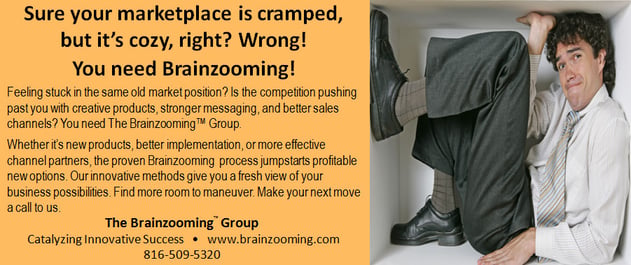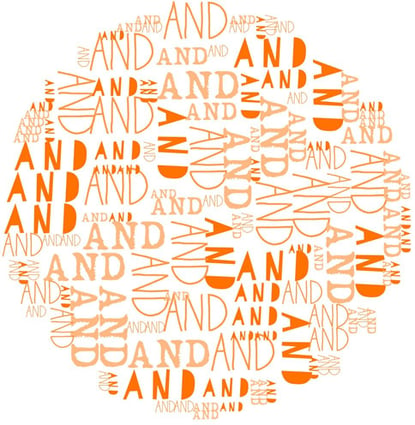Following up our post on tools and exercises for enhancing strategic thinking skills, I started jotting down a list of clues indicating you’re not dealing with a strategic thinker.
The reason?
These clues should suggest someone who would most benefit from taking time (if you could get them to do it) and working on the strategic thinking skills to improve business performance.
29 Clues You’re Not Dealing with a Strategic Thinker
As typical, I didn’t begin with a target number of clues for the list. Here are the twenty-nine clues that came to mind.
It’s a clue you’re not dealing with a strategic thinker when an individual:
- Wants to limit strategic conversations to senior management
- Shuns thinking and perspectives from others
- Doesn't respect other business functions in the organization
- Has a reputation for poor strategic relationships in the organization
- Feels strategy is complex (or has to be complex to be good)
- Disconnects strategy from day-to-day organizational activities
- Doesn't understand his/her own personal limitations and thus doesn’t compensate for the limitations with a strong, complementary team
- Becomes easily focused on a personal view of " reality" and can't entertain alternative possibilities
- Is uncomfortable considering multiple ideas and possibilities for addressing a situation
- Won't break or even bend an arbitrary rule that doesn't make sense
- Is unwilling to question the status quo
- Is put off by questions from people considered subordinates
- Is quick to cut off exploration of multiple alternatives in the interest of not over thinking things
- Struggles to shift between taking time to explore new ideas and then moving to prioritize ideas and make decisions
- Automatically equates "strategic" with long- term and "tactical" with short-term
- Struggles with the idea of serving those seen as subordinates
- Is reluctant to do homework to help prepare others to make solid decisions and implement them successfully
- Struggles to make challenging decisions
- Spends too much time on easy, solvable issues that don't produce value for the organization or its customers
- Spends more time talking than asking questions to better understand situations
- Shuts down when faced with dramatic changes to a personal view of reality and/or what's necessary to sustain that reality
- Doesn't function well when there are significant unknowns in a situation
- Automatically views doing something new / different as better than doing the smartest thing
- Automatically views doing the same thing as better than doing something different because of lesser perceived risk
- Loses track of agreed to priorities - for whatever reason
- Spends too time on things that don't matter for the organization
- Struggles to generalize situations so they are more understandable to non- experts
- Is quicker to argue than finding ways to agree
- Tends to dominate conversations
Does this list describe anyone familiar to you?
Do you see co-workers’ behaviors in this list? If so, how many of the strategic thinking skills behind this list do the lack? No one is going to have all the strategic thinking skills one could have, but I’m not sure yet how many “Yes” answers signal you will have challenges getting an individual involved in strategic thinking. Based on running some people I've worked with previously through the questions, I'm guess a score of 10 or more means someone is a weak, or at least problematic, strategic thinker.
What strategic thinking skill gaps would you add, subtract, or modify on this list?
It would be great to have you shape this list of clues you’re not dealing with someone that has strong strategic thinking skills. You can share your ideas in the comments or check out tomorrow’s post to learn about a more dynamic way to create and have a group participate in collaborating and shaping lists. It's an idea I'll be investigating, without a doubt! - Mike Brown





